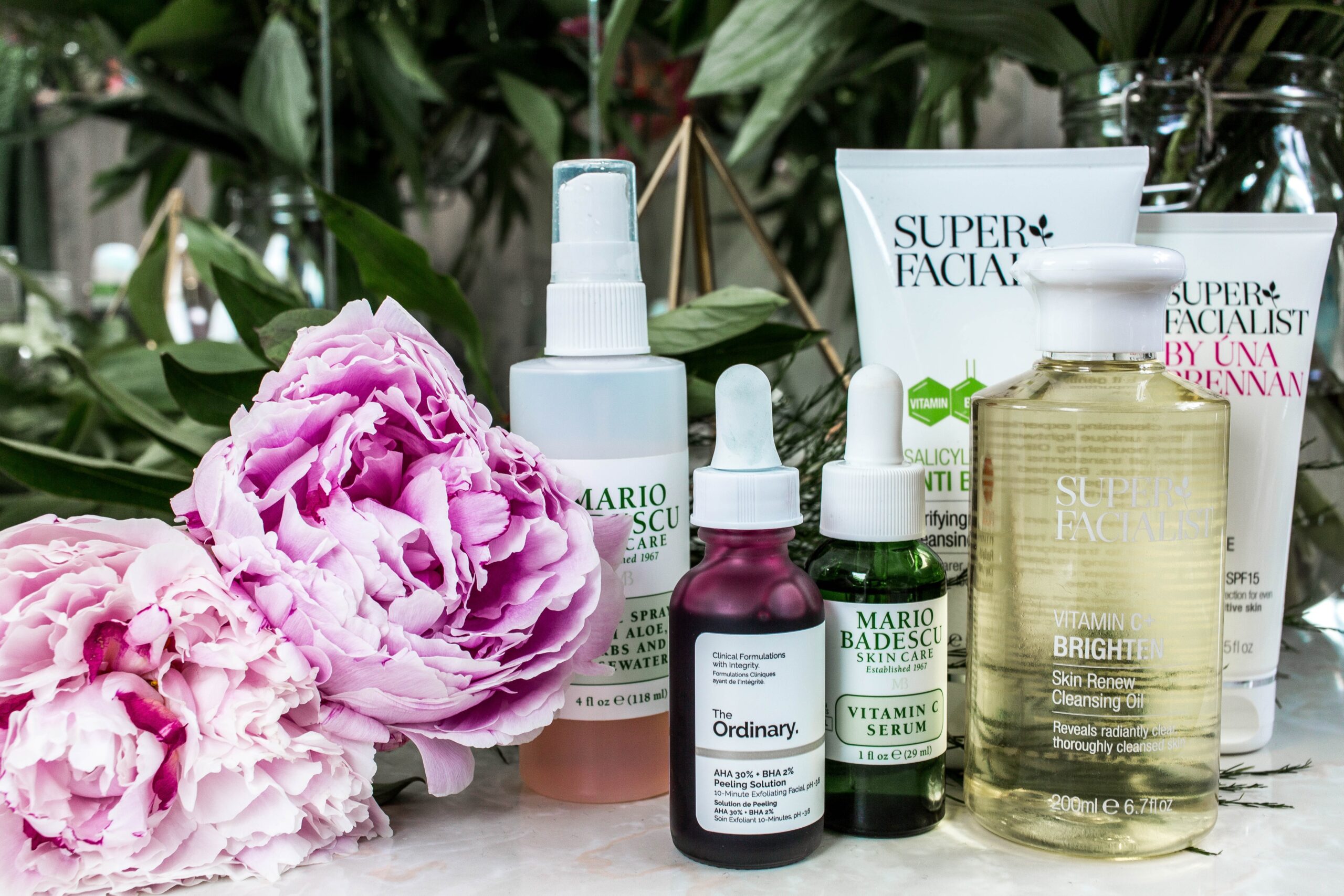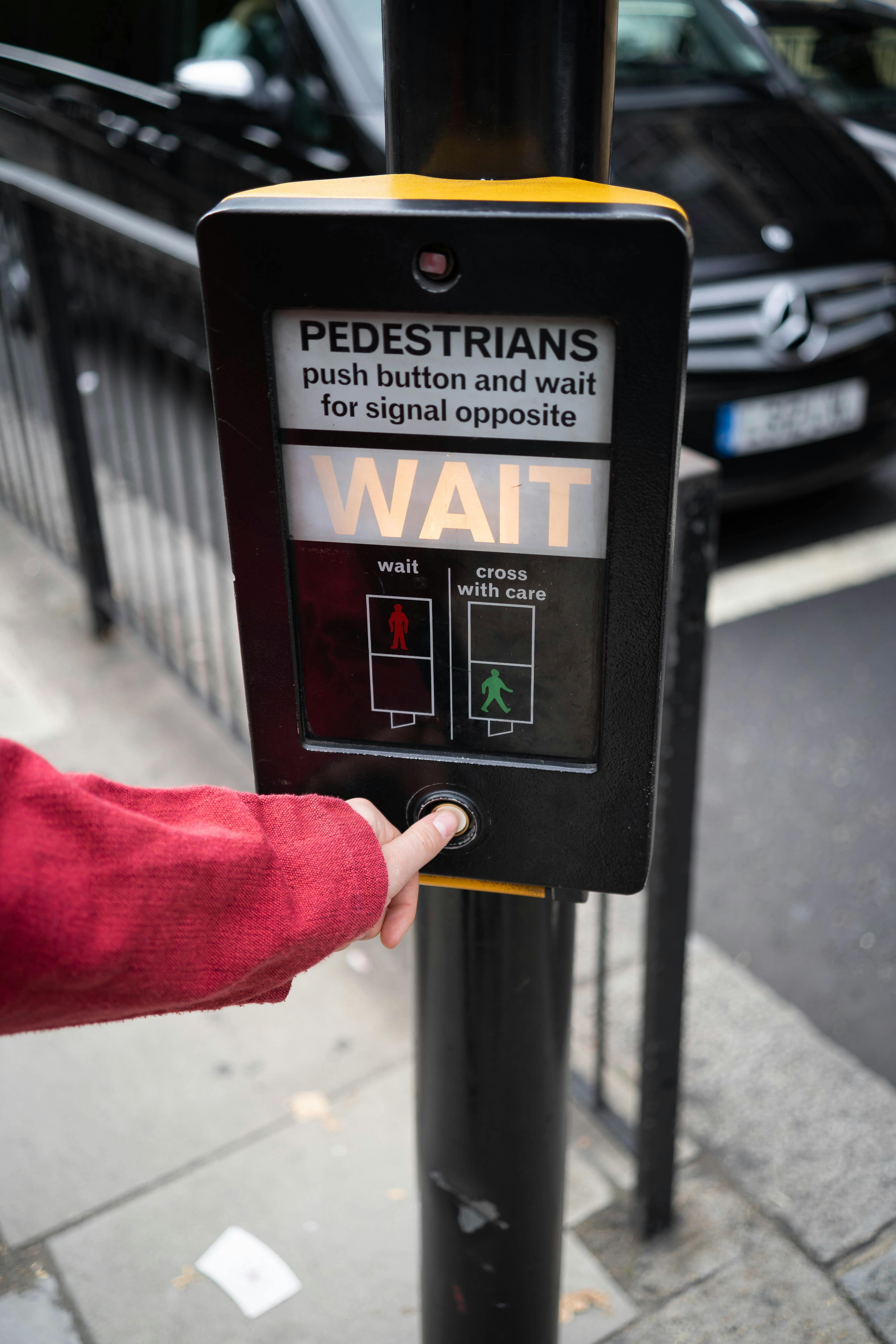BY: Savanna Pruitt
We’ve been wearing masks to try and cut down on the spread of COVID-19 for well over a year now, and many of us have new or more noticeable skin issues to prove it. Whether your skin is naturally oily and acne-prone or dry, wearing a face mask could really be harming your face.
Unfortunately, masks tend to trap heat, oils and sweat on the surface of your skin. Since there isn’t much airflow happening under the mask, those oils and sweat droplets have nowhere to go but inside your pores. This is what causes acne. When you see pimples and blackheads popping up around your nose, chin and mouth, your first instinct might be to start vigorously washing your face several times a day. While washing your face is definitely an important skincare practice, overwashing can actually cause your skin to produce too much oil. Then, you’re back at square one with even oilier skin and more acne.
On the other hand, wearing a face mask can also cause your skin to become drier than usual. Constantly putting on and taking off your mask causes friction between your skin and the mask. When the friction strips away your skin’s natural protective oil barrier, you’re likely to end up with itchy, dry patches.
Thankfully, there are a few things you can do to treat and prevent mask-related skin issues.
- Cleanse With Castile Soap.
Regularly cleansing your skin is essential if you’re trying to treat mask-related acne. It’s important to find a mild cleanser that will remove impurities from your skin without irritating it any further. Cleansers that contain castile soap are perfect for gently cleaning the skin and removing bacteria and oils that cause acne. Dr. Bronner’s Pure-Castile Liquid Soap is a favorite in the beauty community.
- Avoid Touching Your Face.
The more you touch your face, the oilier your skin is likely to become. You can skip this problem altogether by being conscious of how much you’re touching your face and trying to cut down on it as much as possible. Your skin will thank you, and you’ll minimize your exposure to germs, too.
- Incorporate Vitamin C.
Vitamin C is a great ingredient that actively repairs the skin, treats problem spots and removes dead skin cells. It can also work wonders to get rid of any redness caused by the friction from wearing a face mask. Plus, Vitamin C is gentle enough for use on almost all skin types. The Ordinary’s Vitamin C Suspension is a great budget-friendly option.
- Use A Spot Treatment.
If wearing a face mask is causing a few breakouts you want to target and get rid of, a spot treatment could be a great addition to your skincare routine. Just like the name suggests, spot treatments have a high concentration of skincare ingredients and are meant to be used on individual breakouts or pimples. You can’t go wrong with Mario Badescu’s Drying Lotion.
- Invest In Soft, Breathable Cotton Masks.
As mentioned earlier, putting your mask on and taking it off over and over causes friction that can dry your skin out. If you want to reduce the friction and subsequent dryness, stick with face masks that are made of soft and breathable materials like cotton. Everlane’s 100% Human Face Masks should do the trick. Make sure you’re washing all of your masks on a regular basis with a fragrance and dye-free detergent.
- Don’t Skip The Lips.
Wearing a face mask for hours at a time can cause your lips to become dry and cracked. It’s important to find a lip balm that works to heal your lips and protect them from losing any more moisture than they already have. Aquaphor’s Lip Repair is an excellent option that won’t break the bank.




